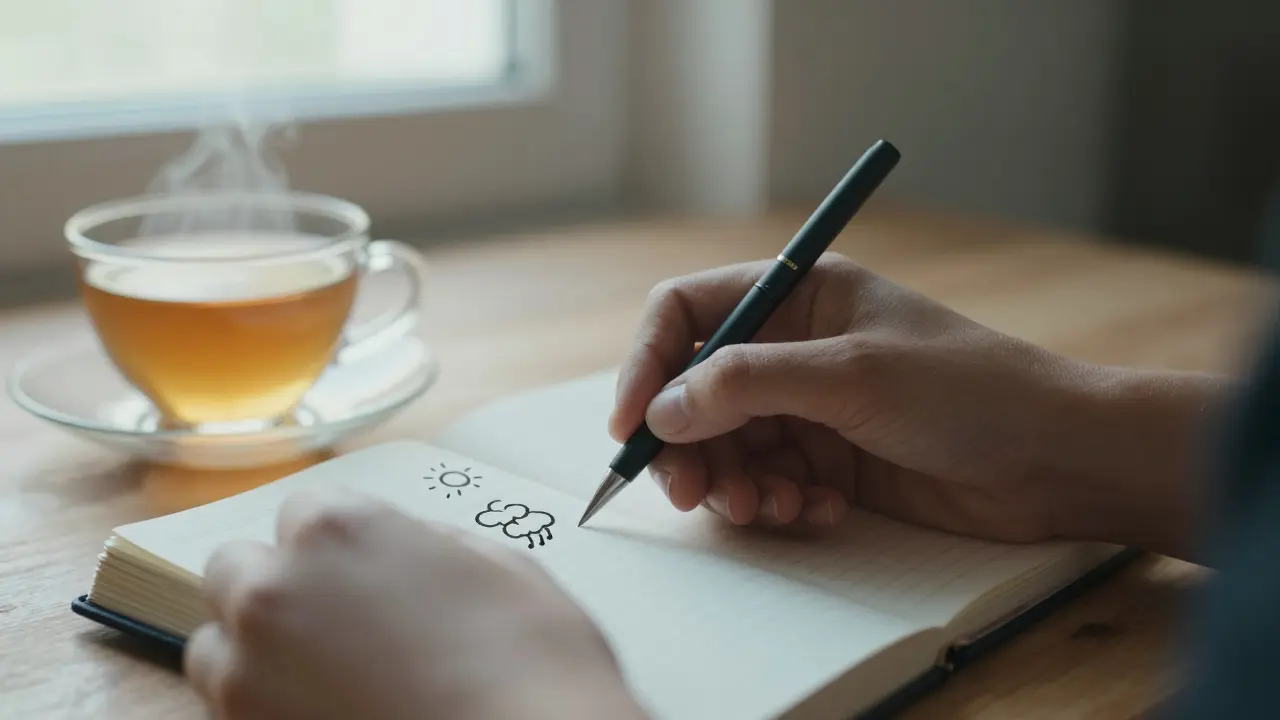Self Care Habits That Fit Real Life
Self care isn’t a luxury — it’s a set of small, practical habits that keep you steady. If you care for a dog, you know how quickly your energy and patience matter. This guide gives simple, real steps you can use today to feel calmer, sleep better, move more, and think clearer.
Quick Daily Habits
Start with micro routines. Pick three things you can do every day: hydrate first thing, move for five minutes, and breathe for two minutes. Hydration wakes your body and supports mood. Five minutes of walking or stretching loosens tight muscles and gives your brain a reset. Two minutes of focused breathing slows racing thoughts and lowers stress in minutes.
Add a short evening check. List one win from the day and one small plan for tomorrow. That single win trains your brain to notice progress. The tiny plan saves mental energy when morning hits.
Move, Touch, and Food
You don’t need long workouts to benefit. Short, consistent movement beats occasional intense sessions. Try a daily 10-minute mix: brisk walk, gentle yoga, or a few mobility drills. If you’re active with a dog, make the walk intentional: add a light jog, hill repeats, or a play session that tires both of you. Regular movement helps sleep, mood, and chronic ache prevention.
Massage, self-massage tools, or guided sessions can speed recovery and reduce tension. Simple holds and slow strokes across shoulders or calves for five minutes ease stiffness. If you notice persistent pain, try targeted therapies like myofascial release or neuromuscular techniques — they’re practical tools used for stubborn tight spots. A trained therapist can show you moves you can repeat at home.
Eat main meals that combine protein, healthy fats, and fiber to keep energy steady. Add omega-3 rich foods like salmon, walnuts, or chia to support brain and mood. Set a sleep window and protect it: dim lights an hour before bed, limit screens, and wind down with a calm activity like light reading or gentle stretching.
Biofeedback devices, simple heart rate apps, and guided breathing timers give quick data and habits. Aromatherapy or calming playlists help some people fall into rest faster. If stress, anxiety, or pain stop you from doing daily life, reach out early to a health professional. Small problems are easier to fix than big ones.
Pick one habit for 21 days, not eight at once. Track it on your phone or a sticky note. Reward yourself for consistency, not perfection. Self care is a toolbox — pick what fits your schedule and keep it simple. Over time, these small choices add up and change how you feel every day.
Include your dog in self care when you can. Gentle brushing, relaxed play, or a shared cool-down walk gives you calm time and strengthens your bond. If your dog has muscle issues, learning simple canine massage moves can help them and encourage you to slow down daily.

How to Create a Personalized Mental Health Plan: Step-by-Step Guide
Learn how to build a personalized mental health plan with actionable steps. Assess your state, set realistic goals, use proven strategies, build support, track progress, and adjust for better well-being.

Polarity Therapy: Unlocking Natural Healing
Polarity therapy is a unique form of energy healing that blends touch, movement, and simple nutrition ideas to support the body's natural ability to heal. This article explores what polarity therapy is, how it works, and why it's gaining traction for stress relief and holistic wellness. You'll discover what to expect during a session and practical tips to get started. It's an approachable way to balance mind and body without needing special equipment or experience. Curious about feeling more relaxed and recharged? This guide makes polarity therapy simple and clear.

Effective Techniques to Reduce Daily Stress
In today’s fast-paced world, stress is a common companion for many of us. This article explores practical relaxation techniques that can effectively help you unwind and reduce anxiety. From breathing exercises to mindful meditation, learn methods you can incorporate into your daily routine to promote a peaceful mind. Discover how small changes can make a significant difference in managing stress. With these tools, your journey towards tranquility is within reach.

Meditation: An Essential Tool for Mental Wellness
Hey, it's me again, and this time let's delve deeper into how meditation can be a vital tool in fostering mental wellness. My post focuses on understanding how this age-old practice can help manage stress, promote inner peace, and enhance self-awareness. Moreover, it demonstrates easy and practical ways of incorporating meditation in our increasingly busy lives. So, join me on this journey of self-discovery and mental wellbeing through a meditation practice.

Unwind Effortlessly with Lomi Lomi Massage
Feb, 21 2025



